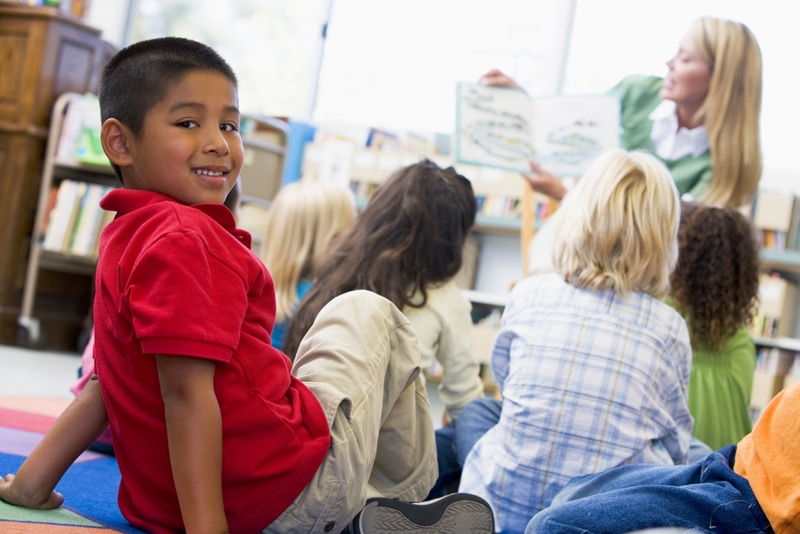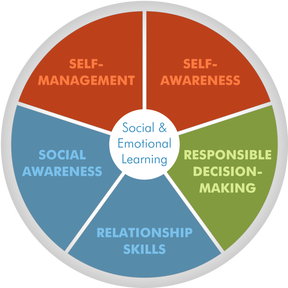Social and Emotional Learning (SEL)
A longitudinal study found that the most powerful childhood predictor of adult life satisfaction is a child’s emotional health at age 16. The least predictive variable? The child’s intellectual development.
Teacher & Student Training
|
Since beginning SEL implementation in 2012, Washoe County, NV graduation rates are up 20 points, to 75 percent.
|
Peacemaker Resources contracts with a number of area schools to provide both student and teacher instruction in Social and Emotional Learning. We have found success in an innovative model that combines classroom instruction and job-embedded professional development. Our SEL Specialists teach a certain number of SEL lessons to students, the teacher participates and observes and then feels more equipped to teach the lessons. Several restorative and compassionate classroom management strategies are also demonstrated during the lessons.
Our SEL Specialists can also assist schools in exploring SEL Curriculums and other evidence-based strategies. Our library includes Second Step, Connected and Respected, Resolving Conflicts Creatively, Disarming the Playground, Responsive Classroom Manuals and Conflict Resolution in the Middle School. One-page Summary describing Peacemakers SEL Lessons Programs that develop social and emotional skills improve:
|
Social and Emotional Learning Core Competencies |
Peacemaker Resources programs are based on the five interrelated sets of cognitive, affective and behavioral competencies identified by the Collaborative for Academic and Social Emotional Learning. The definitions of the five competency clusters for students are:
|



